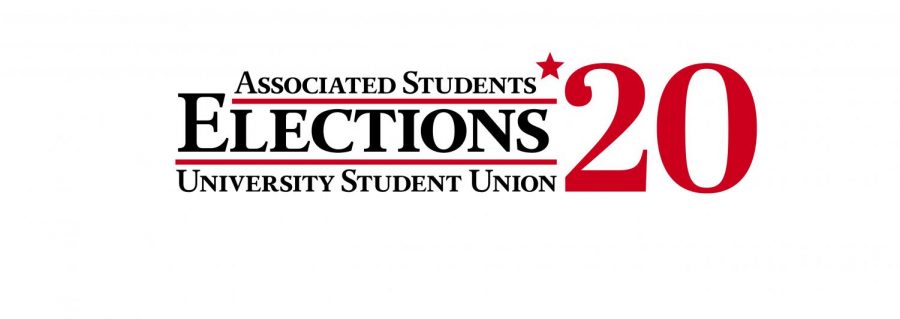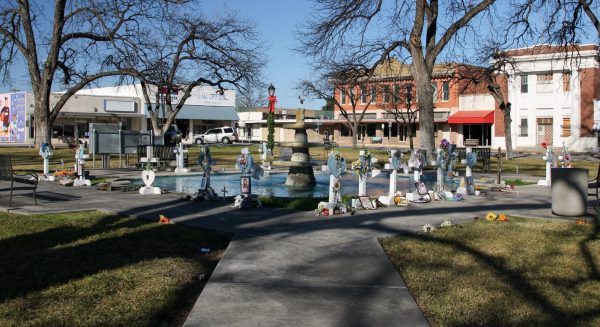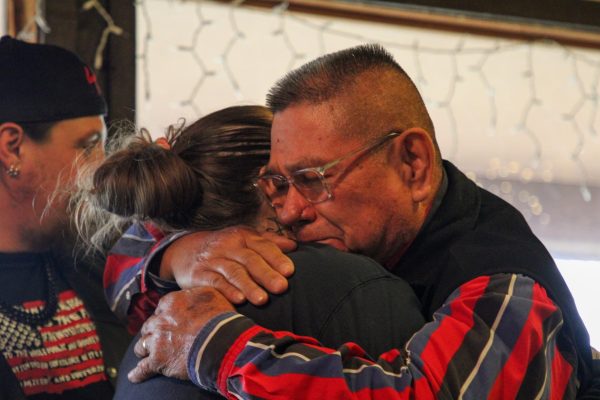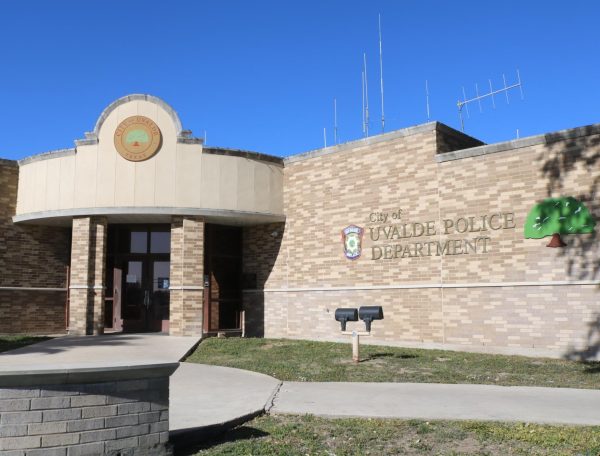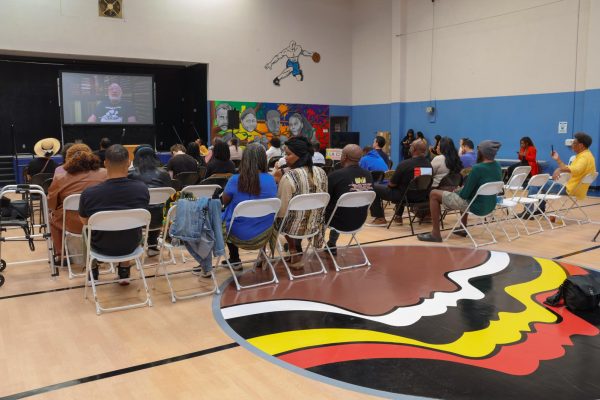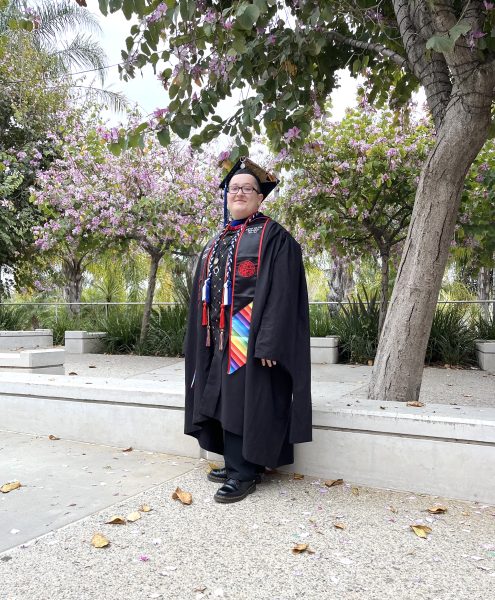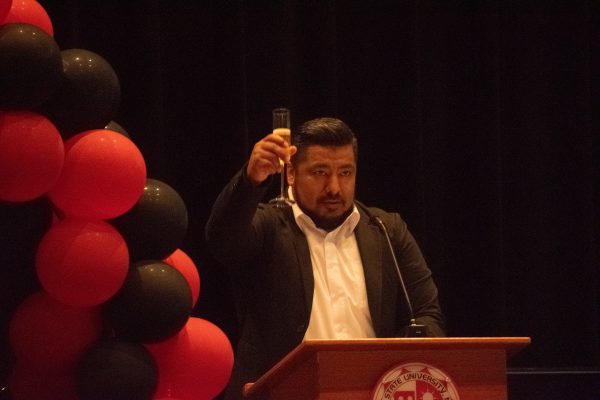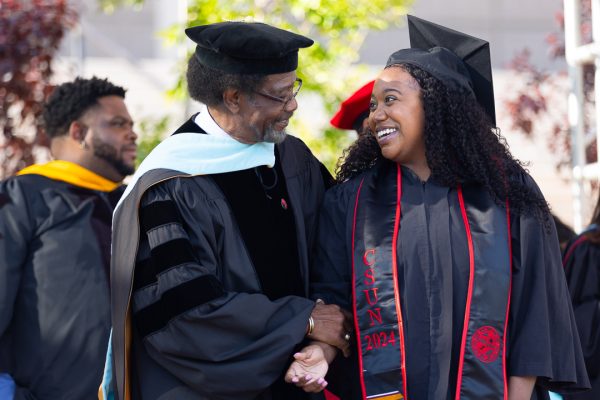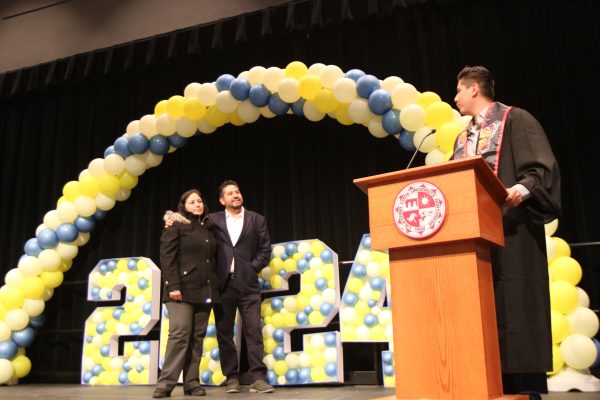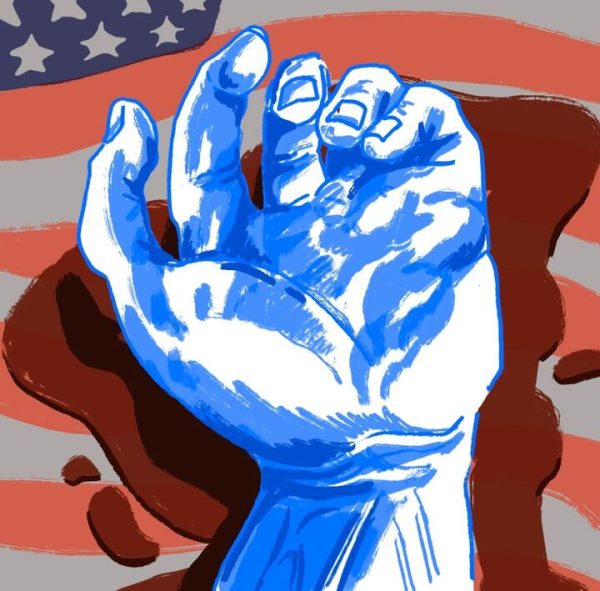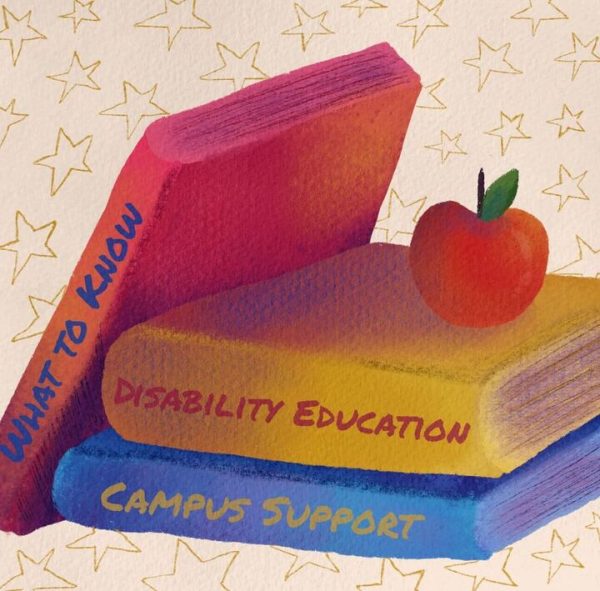AS Presidential Debate goes virtual
March 31, 2020
In line with social distancing protocol, the Associated Students Presidential Debate was conducted through a Zoom conference call on March 24, as candidates took the virtual stage from their respective homes.
The debate was moderated by Chair of Elections Marvin Chowdhury and Assistant Chair of Elections Ricardo Salinas.
The following are the presidential candidates and their vice presidential running mates:
Mariah Murray and her running mate Jocelyn Silva are running an independent campaign
From the “New Beginnings” slate: Leslie Aguirre and Alex Aquino
From the “Matadors Empowered” slate: Rebecca Grinberg and Nikolas Morrison-Welch
From the “Project R.E.D.” slate: Rose Merida and Deion Joseph Turner
After opening statements, the debate began with questions for the presidential candidates. Each candidate was given two minutes to answer questions, followed by one minute rebuttals once everyone had spoken. An additional 30 seconds were granted to anyone after the final rebuttal remarks. Candidates were muted when not speaking and the order of questioning was randomized.
A variety of campus concerns were covered. Here are some of the topic questions and the candidates’ responses:
COVID-19 has shaken the campus as a whole, the handling of the situation by the campus and AS has been in the spotlight. The candidates answered how they felt about the handling and the idea of virtual commencement.
Mostly all candidates agreed that student concerns should take the forefront. They believe that the popular student vote should guide administrative decisions in regards to the pandemic.
Presidential candidate Merida said there is already a budget allocated for commencement, so there should be no reason it can’t be pushed back.
There was some disagreement concerning the handling of COVID-19. Both presidential candidates Aguirre and Murray concluded that the handling could have been better with more transparency and better communication with students.
While candidate Grinberg recognized areas of improvement, she believes administration did the best thing feasible with the information and timing they had been given.
CSUN has seen several incidents on campus concerning safety ranging from sexual assaults to shooting threats. Students are concerned about what their campus can do better to ensure their safety.
There was an overall agreement that there could be improvement for safety with a better lighting system on campus, more workshops concerning safety and more Matador Patrol training.
“We have to have a campus-wide emergency response system for fires, shootings, earthquakes and pandemics,” Grinberg said.
Candidates saw that the relationship between students and campus police could improve with better communication and transparency.
Murray asked for more police presence on campus when extreme situations like threats of shootings happen for students to get a sense of security and safety, because she doesn’t believe there has been enough of that in the past.
She faced opposition from both Aguirre and Merida who felt more police presence would unease students and make them feel uncomfortable or anxious.
“I disagree with the notion that we should have police officers scattered around on campus, that’s really triggering for a lot of students, especially students of color,” Aguirre said. “The bottom line is students just want to be told what is going on in situations of emergencies.”
When asked about the tension between the current AS President Diana Vicente and the Senate, there were different perspectives.
Grinberg saw no problem or broken relationships in AS, adding that there is no need to fix what’s not broken.
Aguirre, who was a member of the current president’s cabinet until resigning earlier this month, disagreed.
“I think it would be naive to say that the relationship isn’t tense. It’s tense,” Aguirre said. “A leader is someone who guides, not dictates.”
Merida, who was vice president last year, said it was disheartening to hear about the tension in AS, describing the organization as a place of solace when she served as vice president last year. She followed Aguirre’s response with her idea of a leader.
“I think it’s really important to understand that as the president you are not the boss\; you are the leader who pulls out the leader from everyone else,” Merida said. “I would make an effort to make sure that students don’t feel intimidated.”
Murray, the only candidate without AS experience, said that it is important to keep the focus on serving the students even through infighting.
“If we can all keep our minds on the right thing and keep the students at the center we can figure it out,” Murray said.
The following question was directed to “Matadors Empowered” candidate Grinberg, but it got a reaction from all other candidates with opposing views.
Chair of Elections Chowdhury asked Grinberg about the ethics of an Instagram post from the current AS president, where Vicente wrote, “Make sure you vote for THE most qualified candidate.”
Grinberg said her own work speaks on her behalf of wanting to work for the students, and found it not to be a problem because it was a personal post and opinion of the president.
“The president does not speak on behalf of the Associated Students body,” Grinberg said.
Merida was the first to respond to Grinberg’s answer, saying, “I definitely disagree, I think it’s definitely a question of ethics and morals.”
Merida says the personal opinion of a president is not seen as the opinion of a student, but as the opinion of the president. She said the endorsement was unethical because the president is there to be an advocate for all Matadors.
Murray agreed it is unethical to claim a certain candidate as the most qualified. She said she wasn’t aware of the post until the question was asked and thought the focus on the students was being lost.
“It’s not about us, it’s about them,” Murray said. “Don’t forget what the purpose is and it’s the students.
Aguirre shared her feelings about the post being unethical and how the president is supposed to represent all students.
“The posts that they make have an impact on how the students who see that post think,” Aguirre said. “It is basically having a bias towards one candidate.”
Grinberg was given the chance to respond and she said that she did not intend to say she was better than anyone else and will work together to serve all students.
“I do not see myself as better or above anybody else and I’m sorry, deeply sorry if it was interpreted that way,” Grinberg said.
Despite disagreements on the current relationship status between the AS president and the Senate, having a good relationship in the future was something all candidates said they wanted.
The questions came to an end and each candidate gave their closing statements.
Chowdhury ended the debate by reminding students to vote online starting from 8 a.m. on April 1 to 7 p.m. on April 2. A link will be emailed to all CSUN student accounts.
For the full AS debate, click here.
